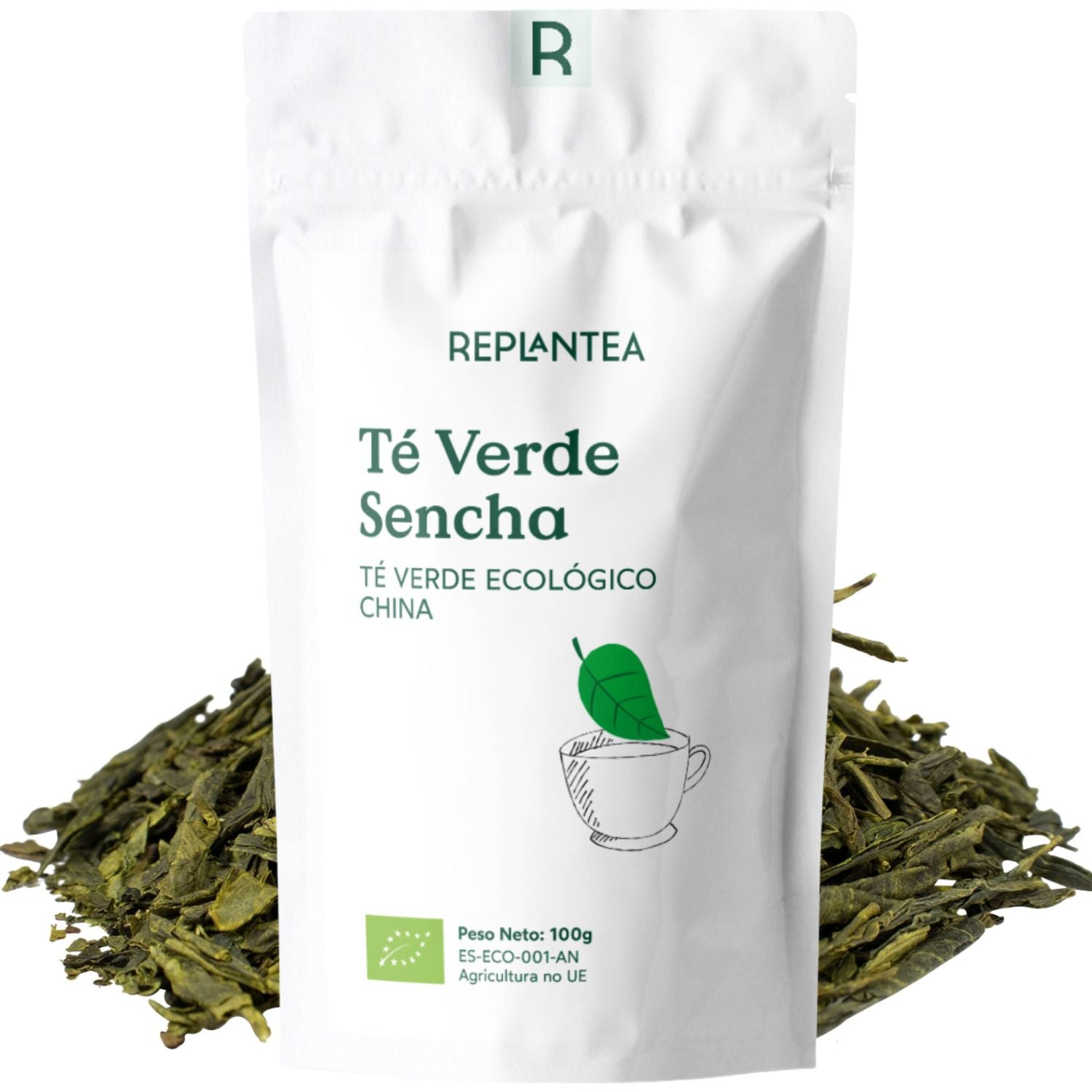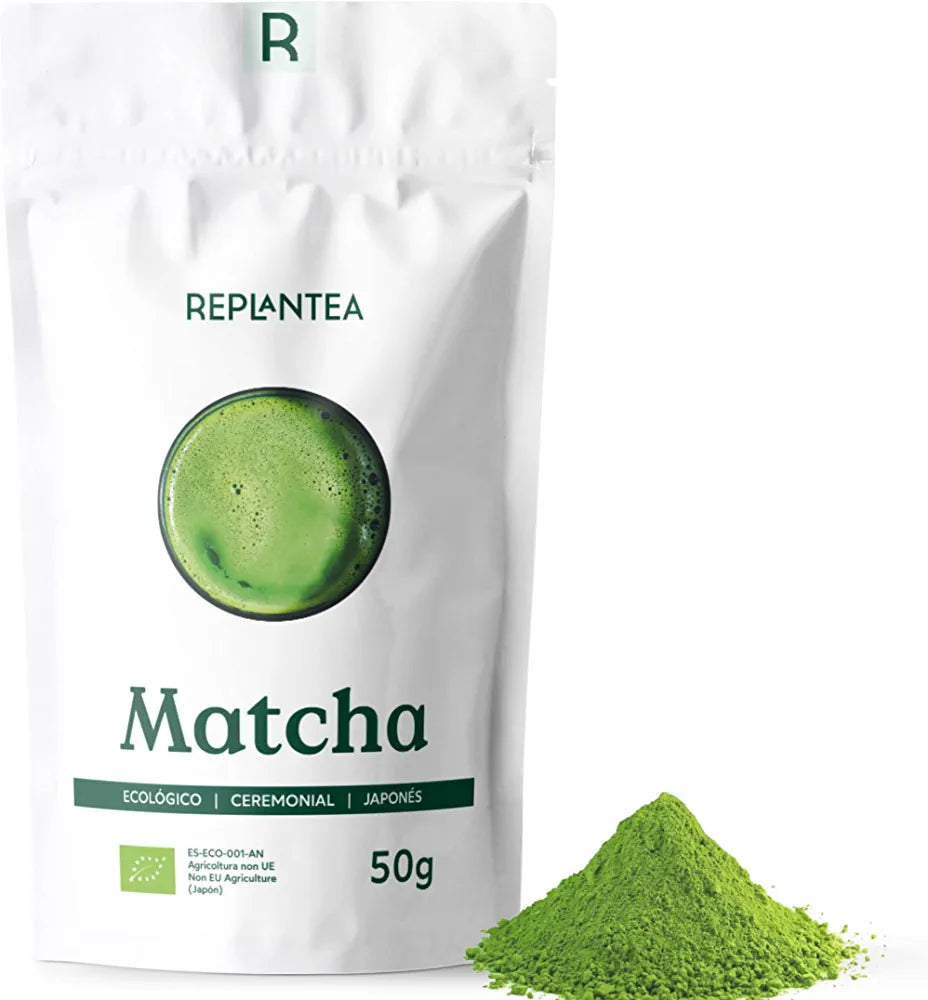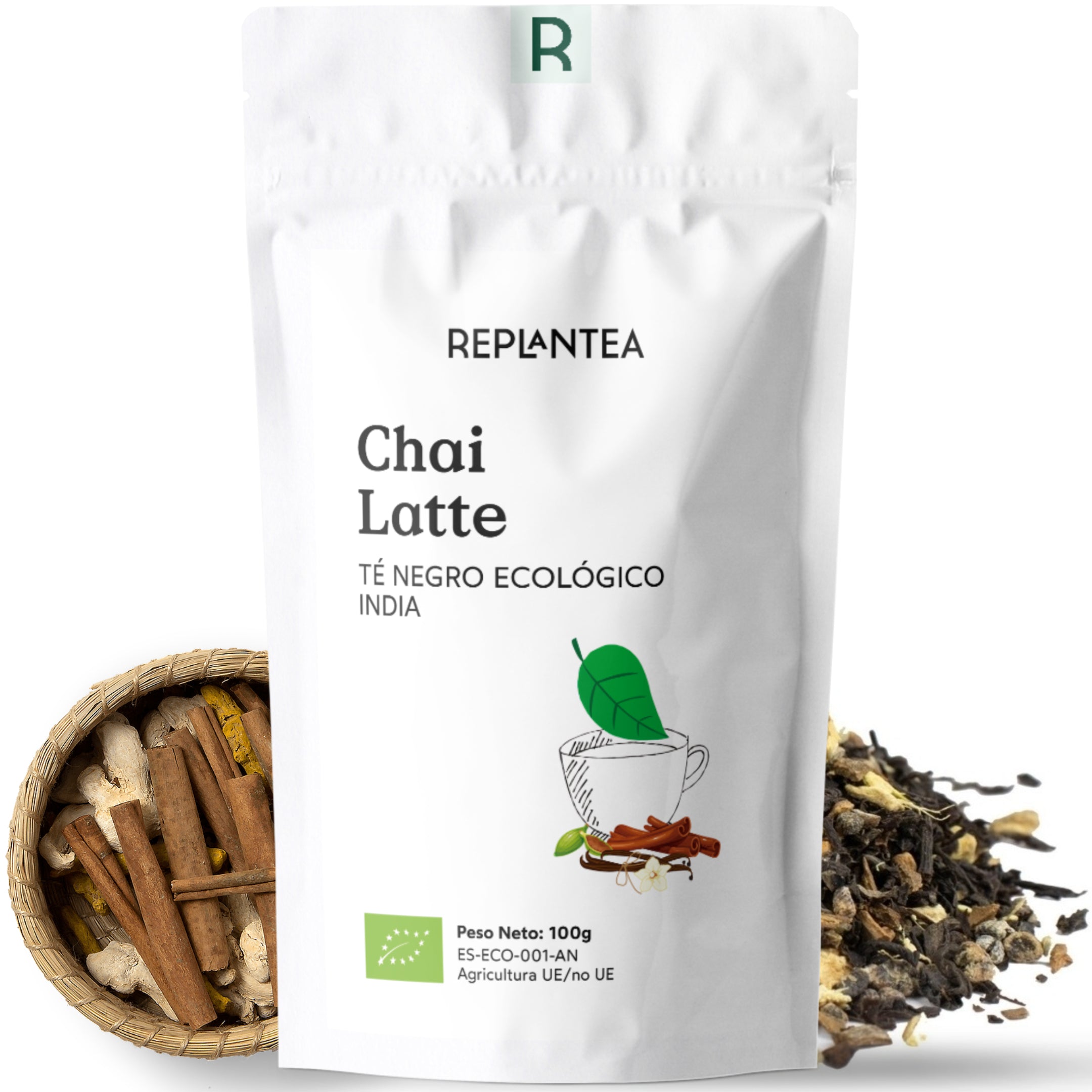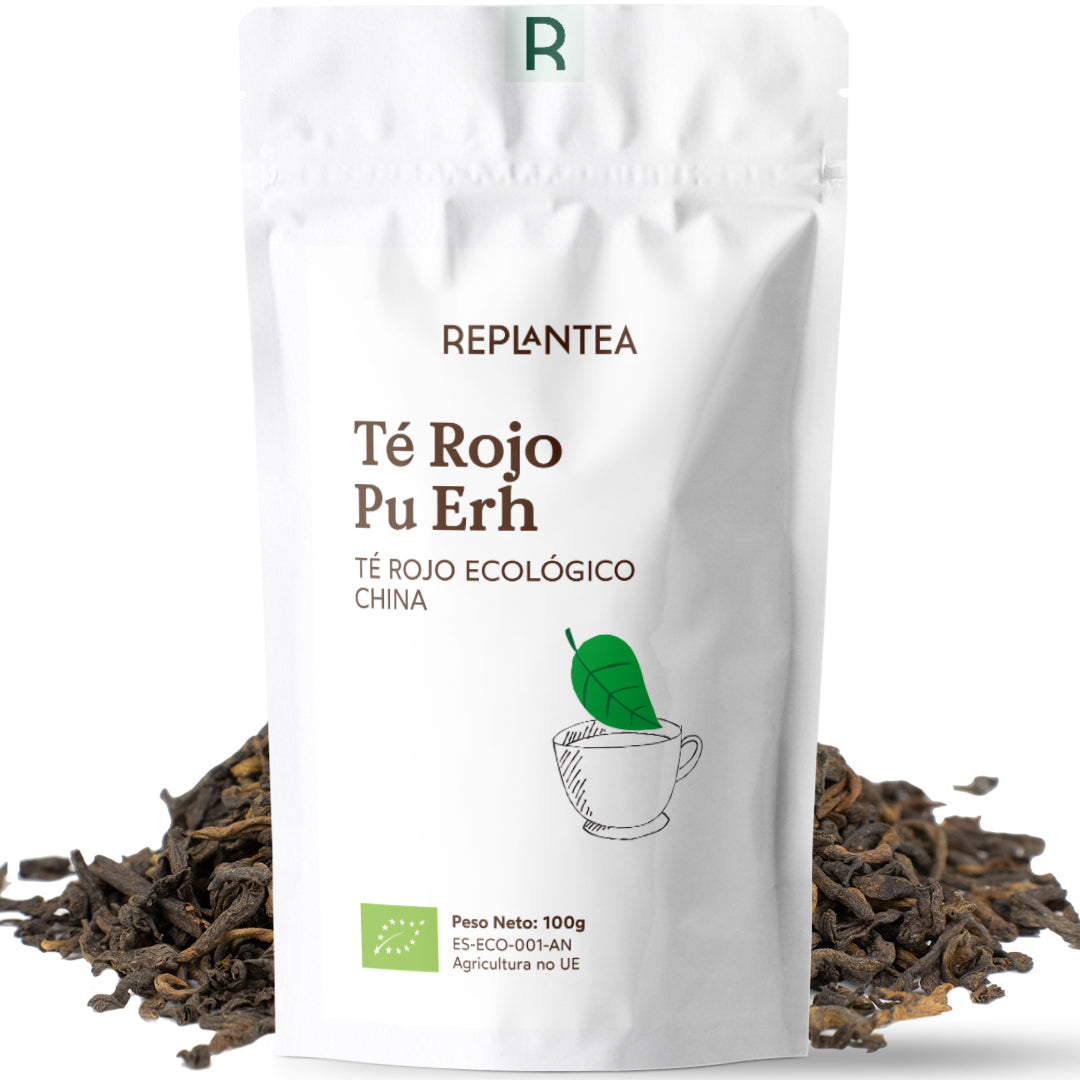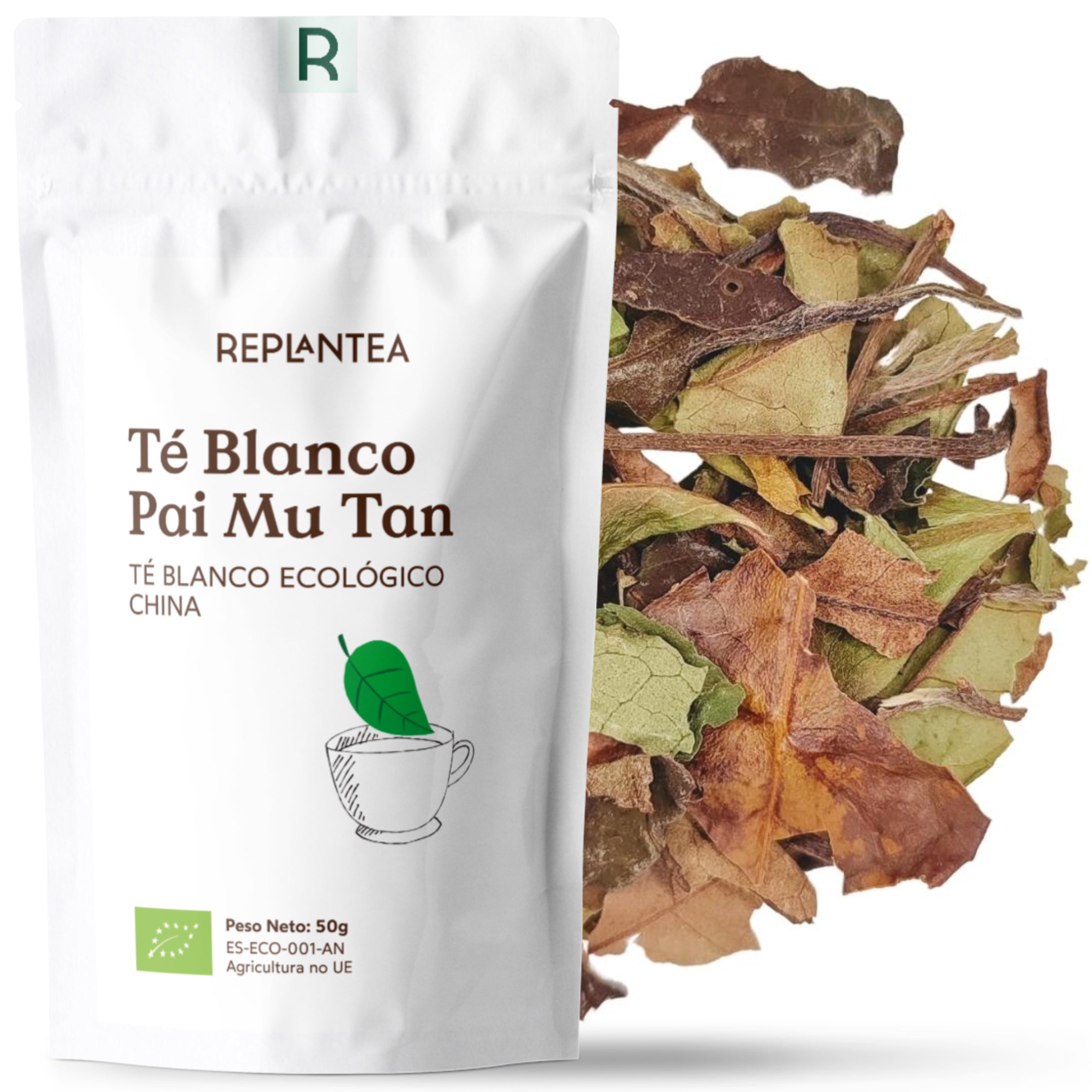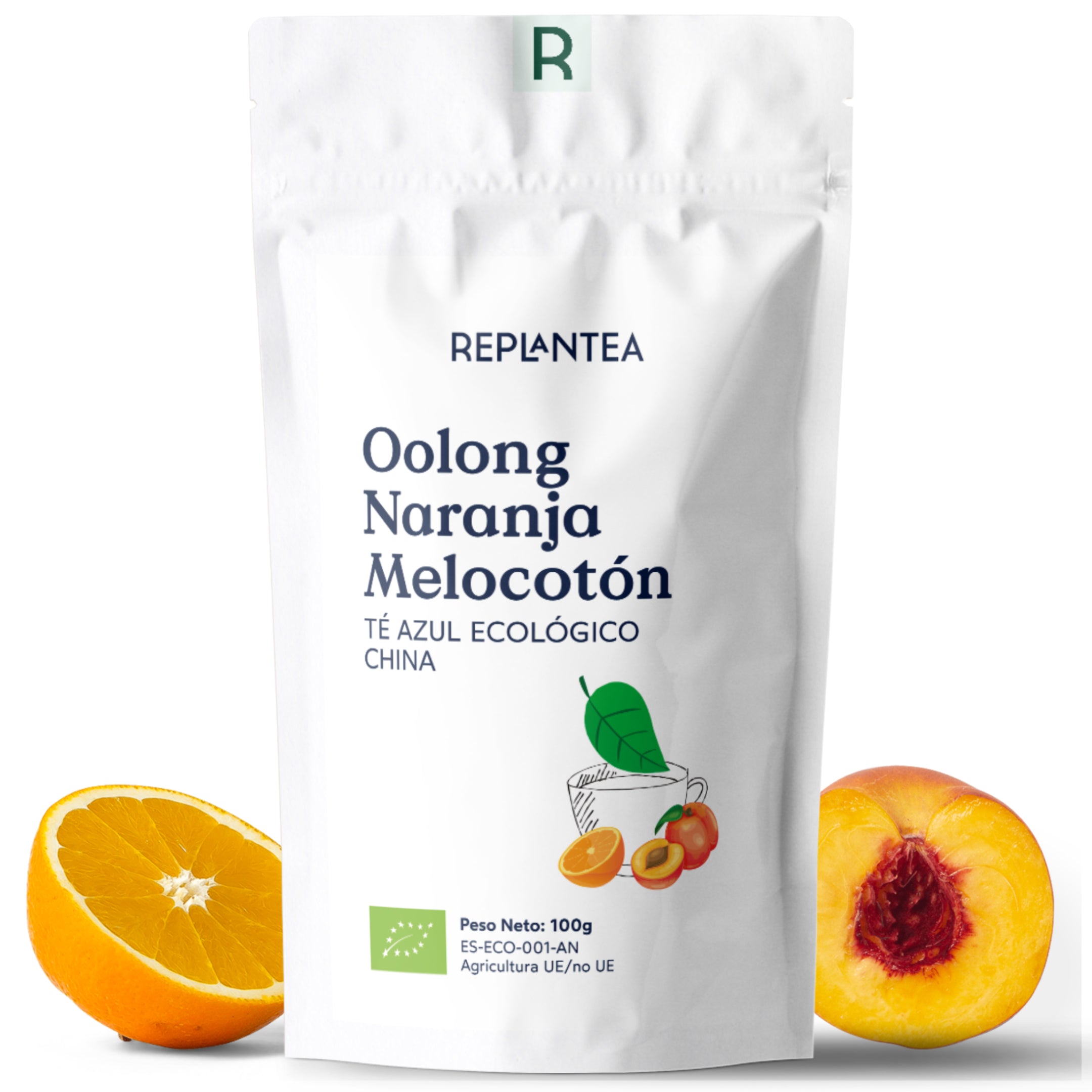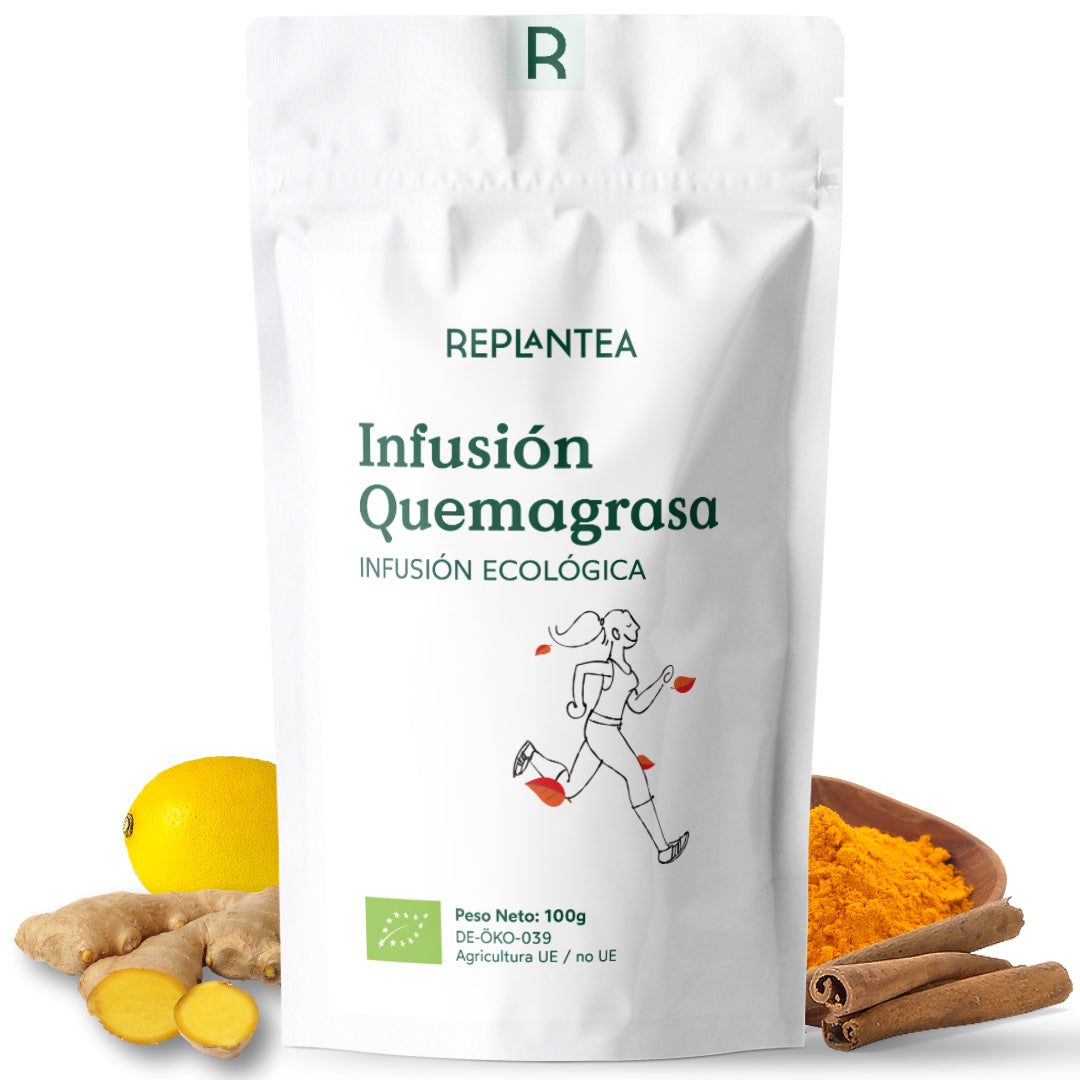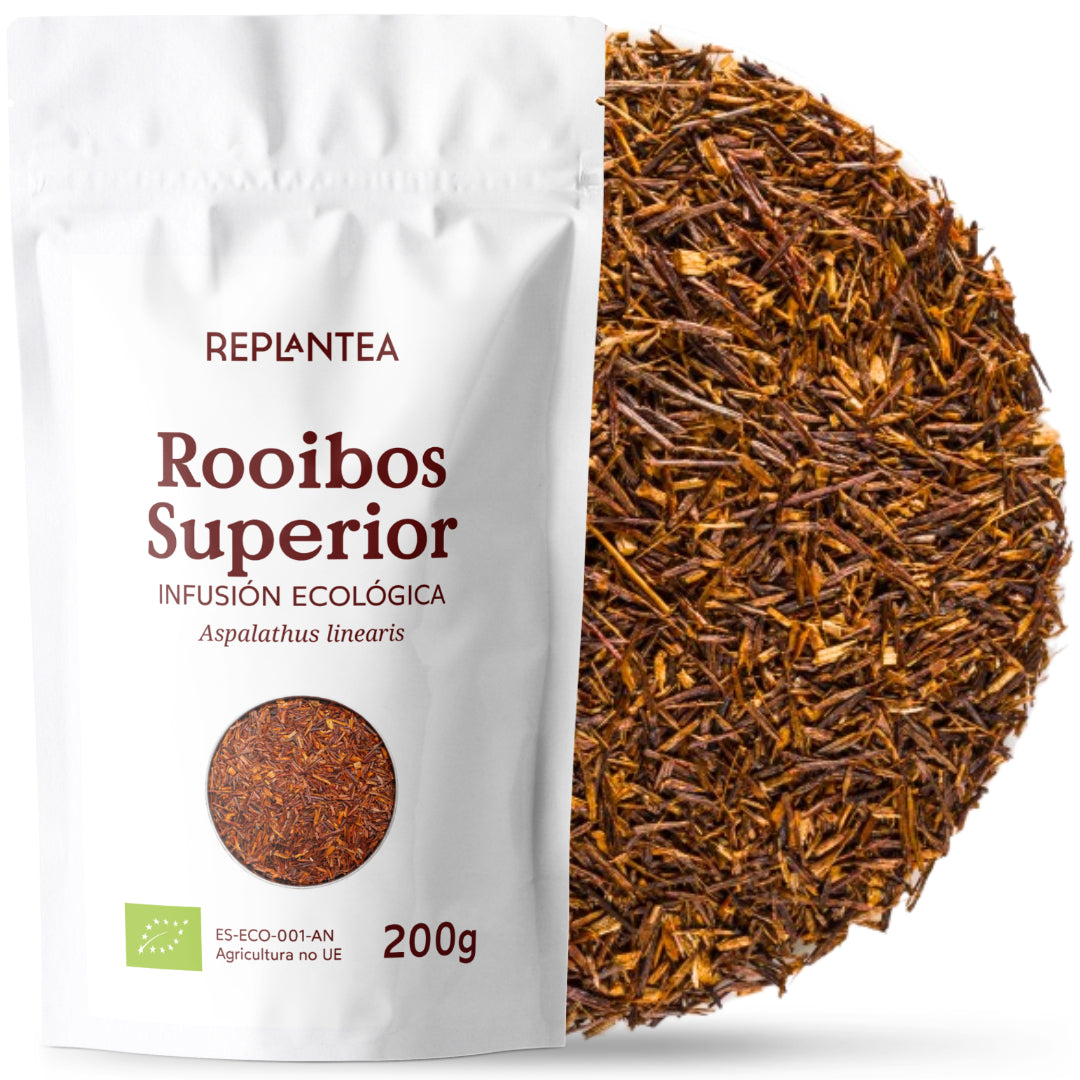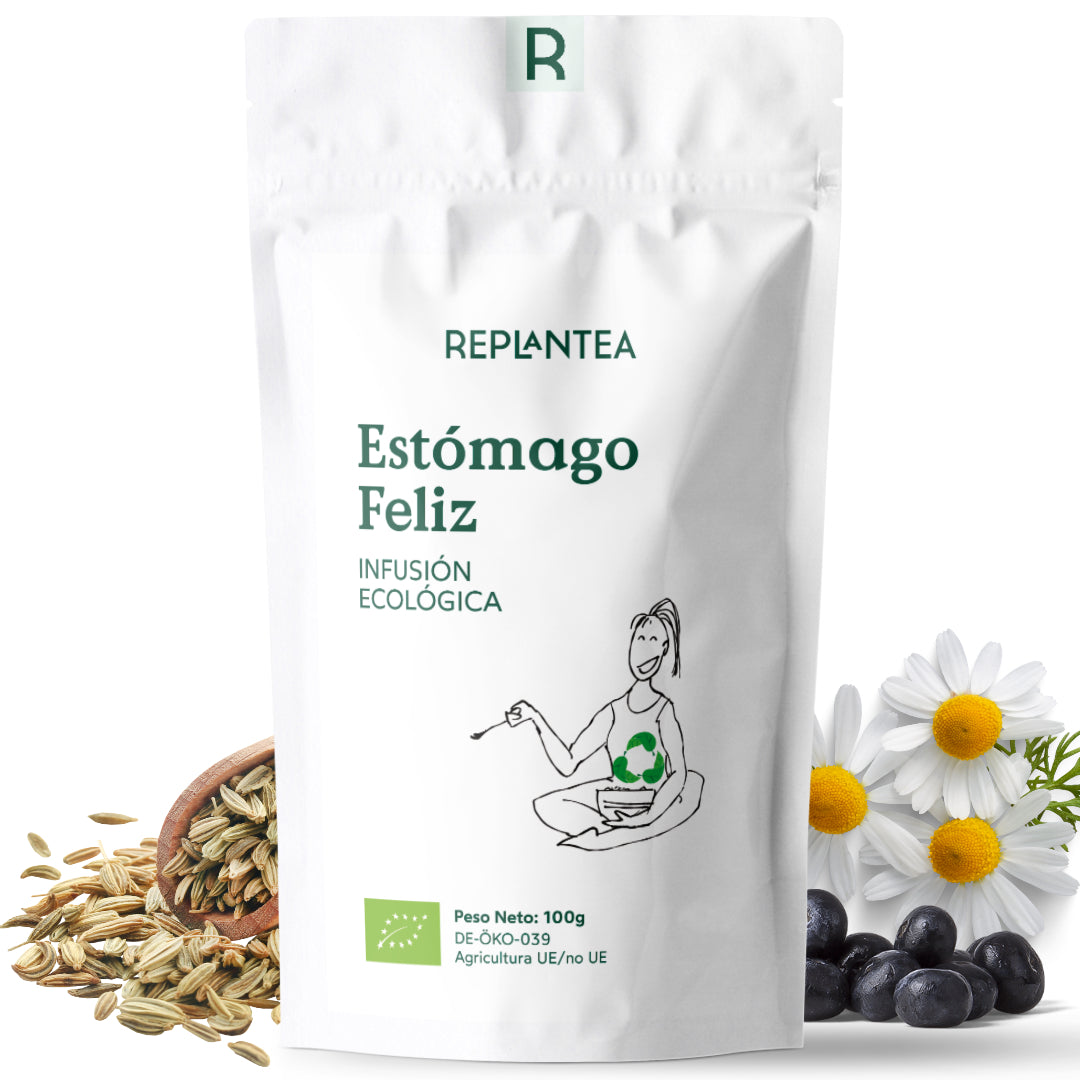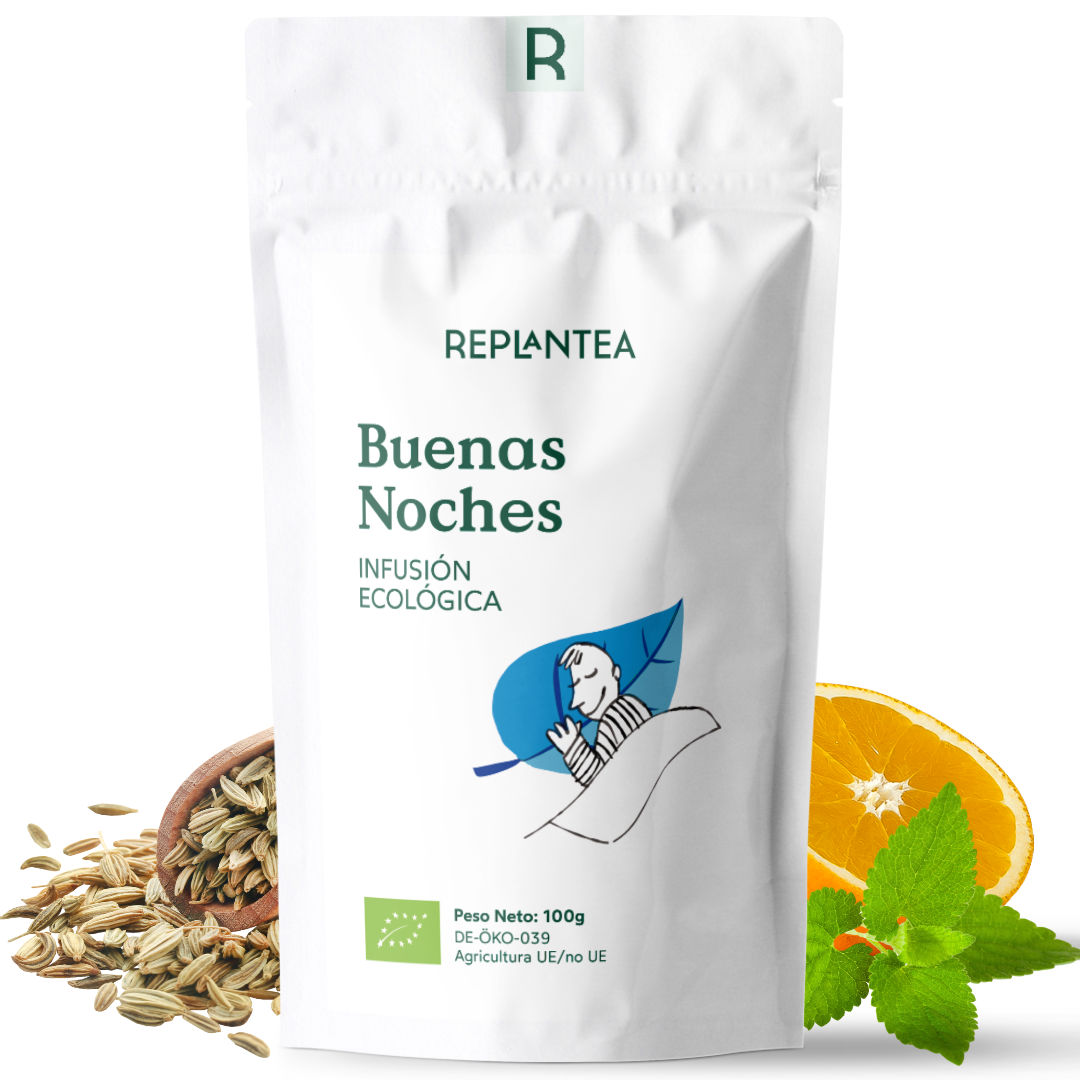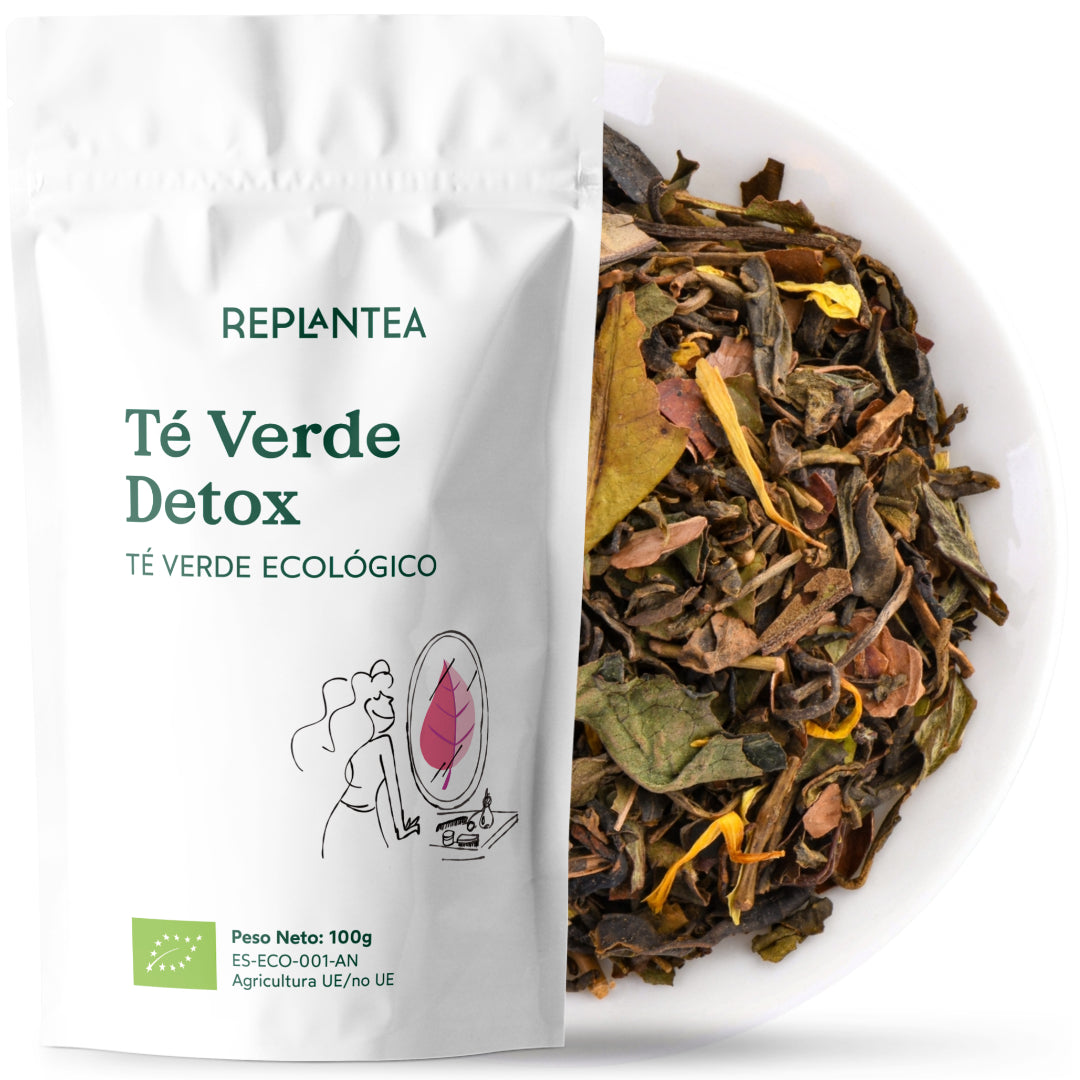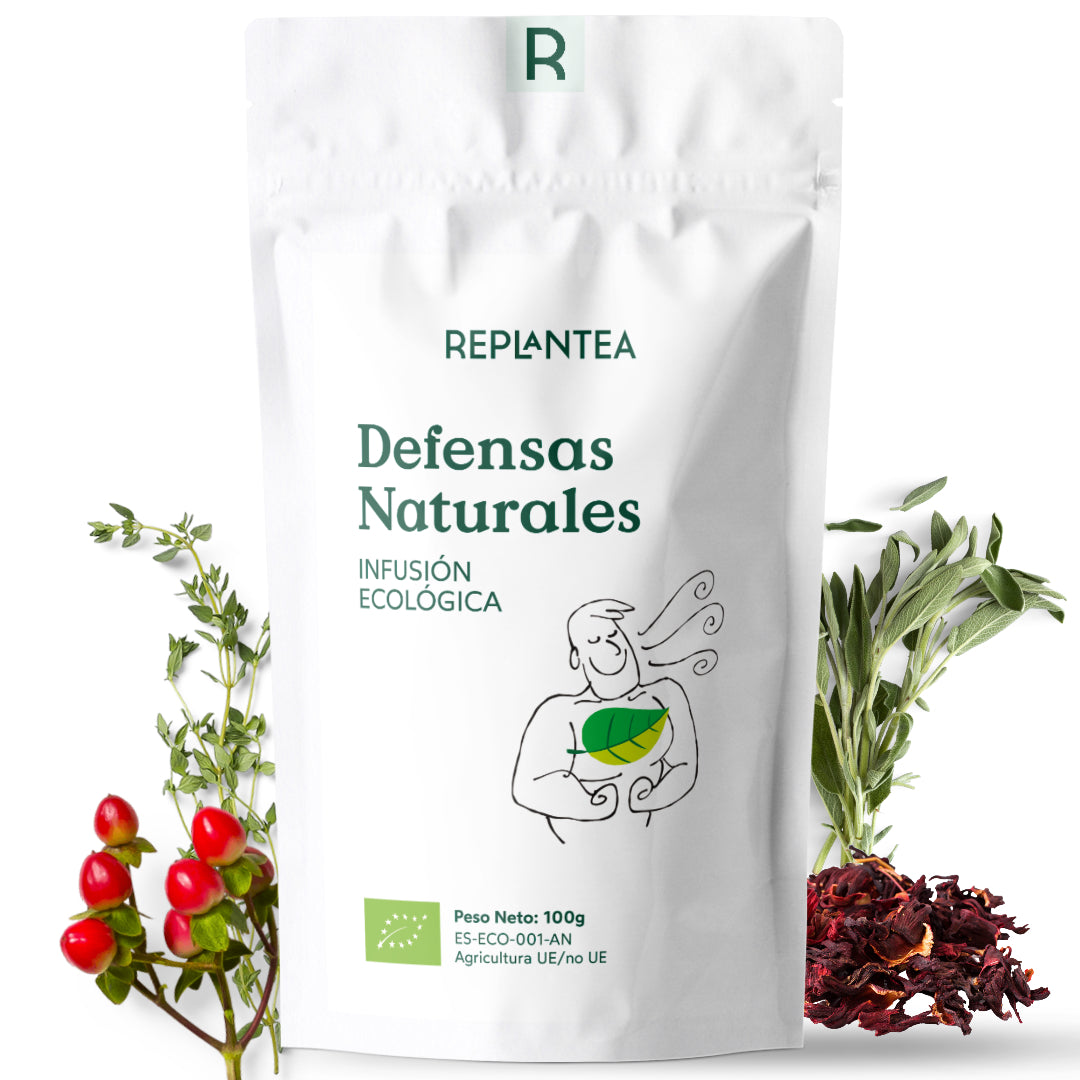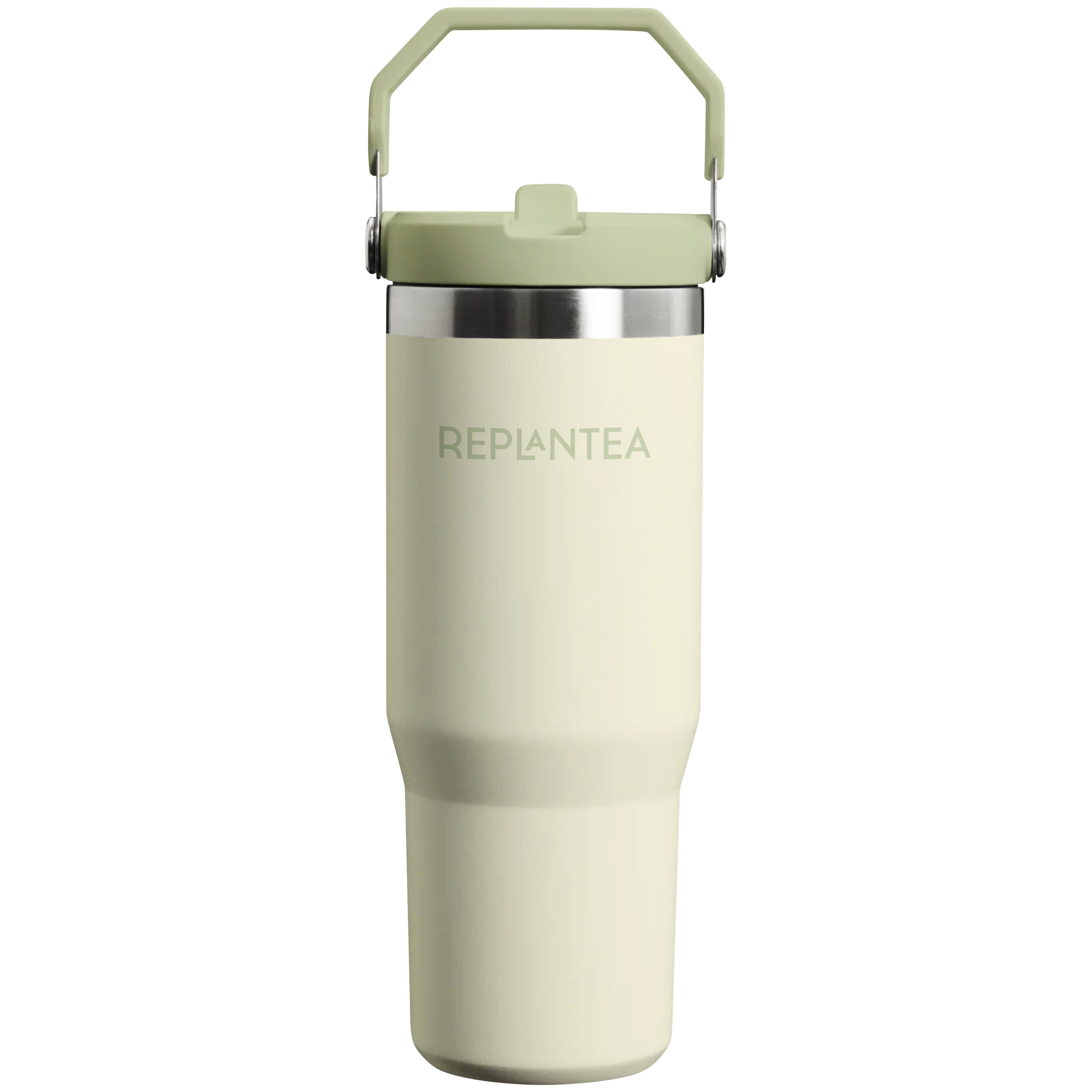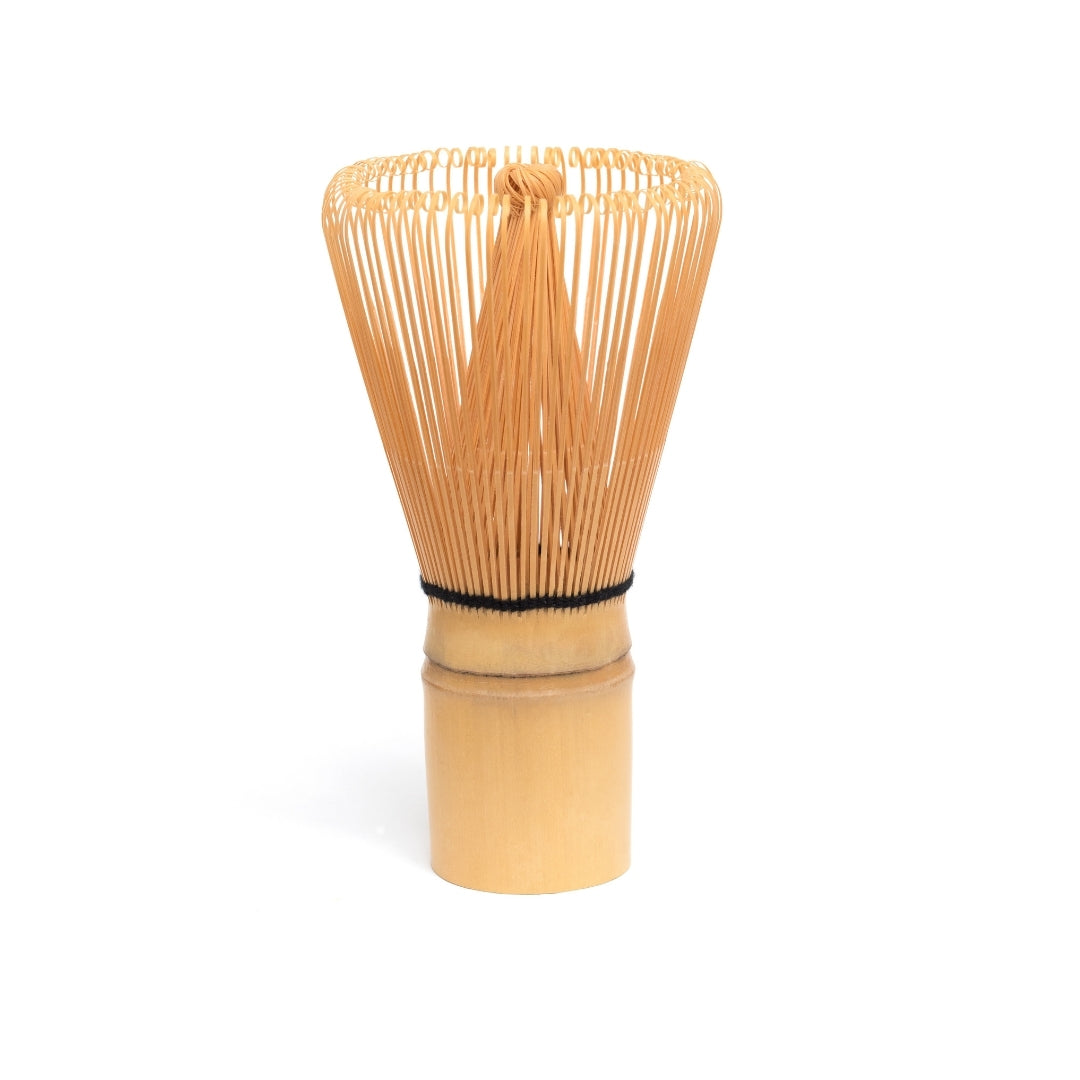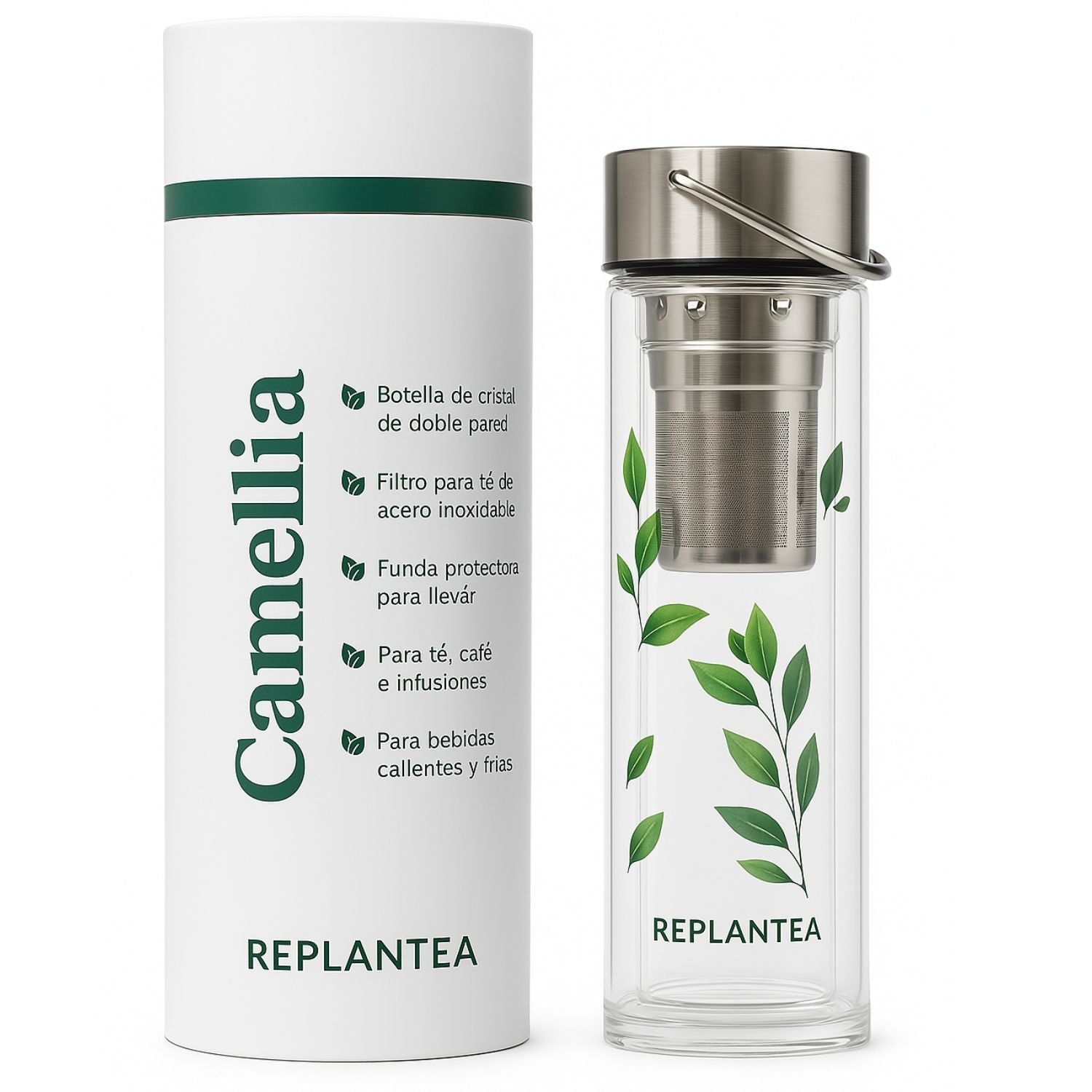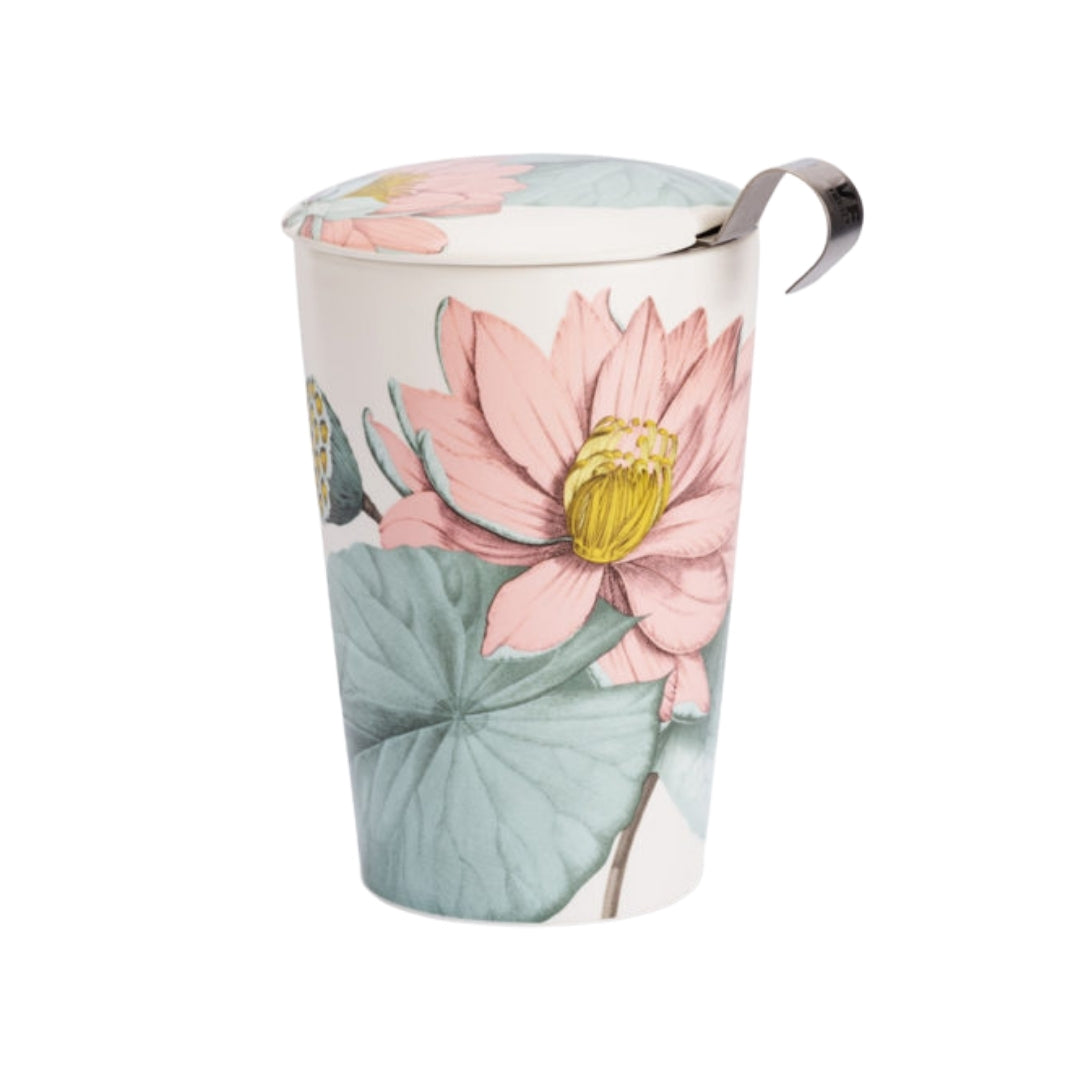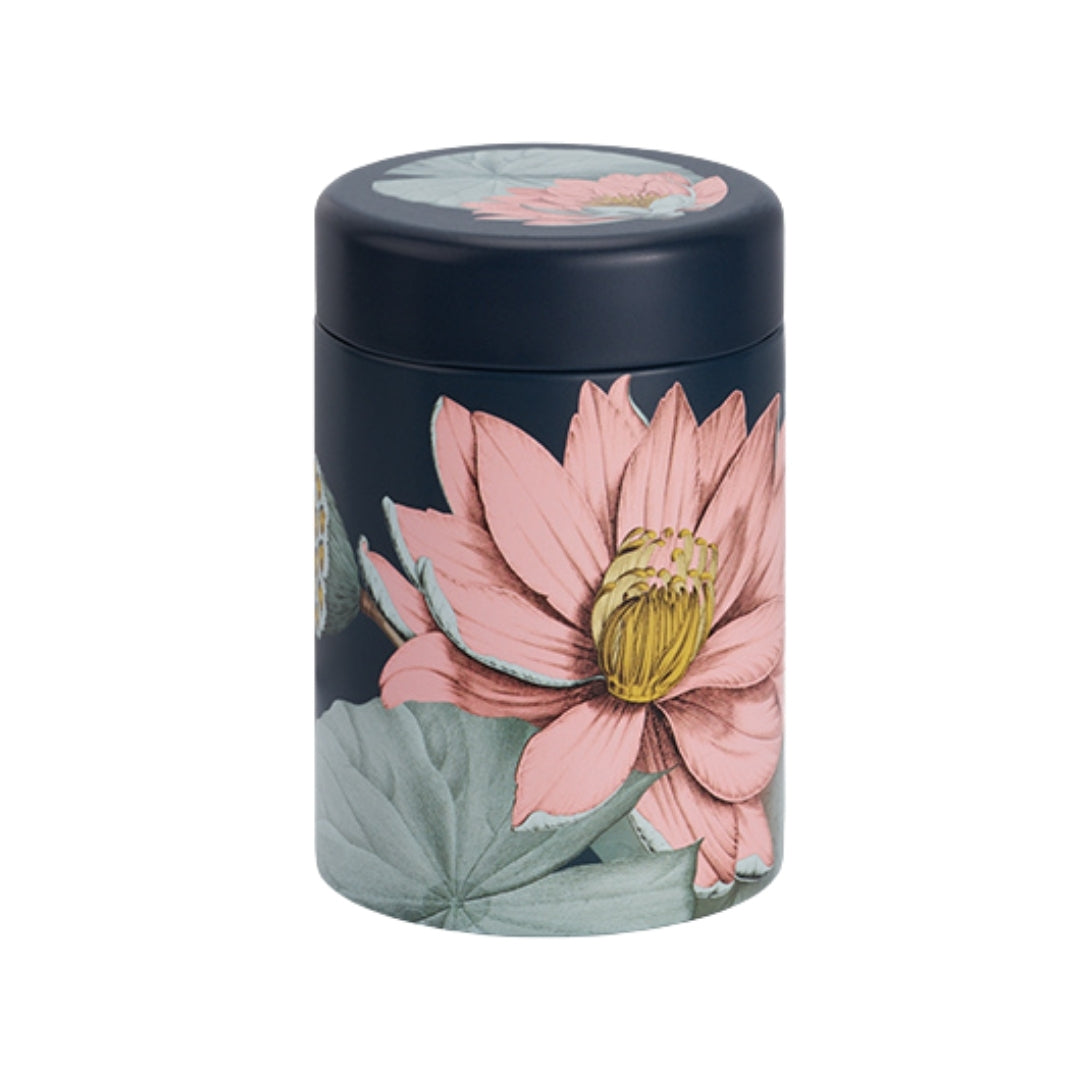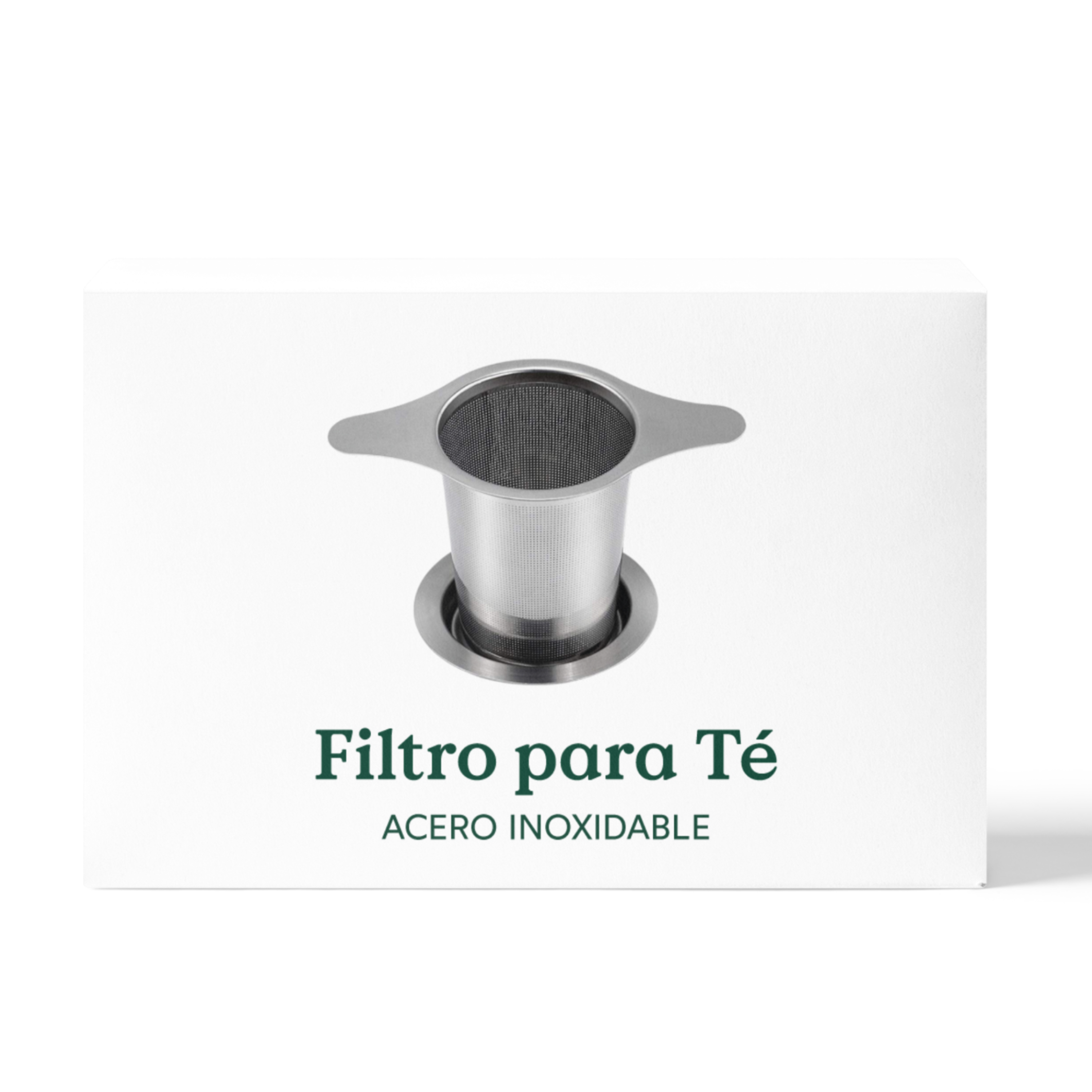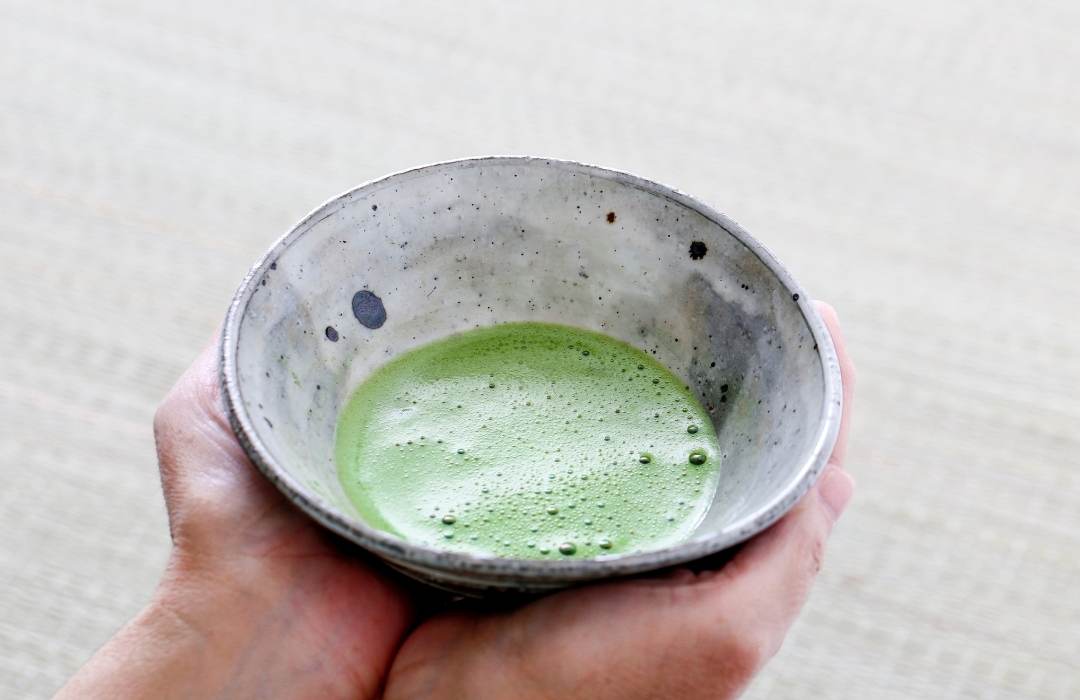
4 Benefits of Matcha for Your Skin
The benefits of matcha tea are no secret. This beverage contains high concentrations of antioxidants that are beneficial for human health. Research has determined that it has potential benefits for heart and brain health. While drinking matcha tea has impressive effects, it is equally powerful when used on the skin.
Matcha tea is an active ingredient found in many cosmetics and skincare products. It's one of the most natural ways to improve your skin's appearance. You can benefit from matcha tea both by drinking it regularly and by applying it directly to your skin. Read on to learn how matcha can make your skin radiant and healthy.

What is matcha tea?
Matcha is a powdered green tea made from the leaves of the Camellia sinensis plant. It's a staple in Japanese culture, as it's part of the Chanoyu (Tea Ceremony) and is revered for its numerous health benefits.
Matcha plants are grown in the shade, which inhibits photosynthesis and causes the leaves to produce more chlorophyll, the compounds responsible for matcha's vibrant green color. Once harvested, the green tea leaves are dried and ground into a fine powder.
The main difference between matcha and green tea is that when preparing matcha tea, you consume the whole leaf, not just its infusion in hot water. Therefore, matcha's antioxidant content is much higher than that of other teas—at least three times the antioxidant concentration of green tea.
You can learn much more about matcha tea in our Matcha Tea Guide: Benefits, Grades and Accessories .
Can matcha improve your skin health?
The antioxidants and plant compounds in matcha powder act in several ways to help protect our skin and keep our pores clear. These are the most notable benefits:
1. Chlorophyll protects the skin against ultraviolet rays
In plants, chlorophyll's job is to absorb the sun's rays and convert that energy into nutrients. Its function is the same when applied to the skin: to absorb harmful UV rays so our epidermis doesn't. Mitigating UV exposure has important anti-aging benefits.
Over time, excessive sun exposure can accelerate photoaging, the premature aging of the skin caused by repeated exposure to ultraviolet radiation, which degrades cellular DNA. Photoaging manifests itself in the form of dark spots and wrinkles.
The high chlorophyll content in matcha green tea can help keep skin healthy and younger-looking for longer.
2. EGCG fights acne
Studies have shown that applying a mask or other topical solution containing epigallocatechin gallate (EGCG) helps reduce sebum production and inhibits bacterial growth, as well as calming inflammation, all of which contribute to acne.
Sebum is a mixture of fatty acids produced by the skin's glands. Sometimes, the skin produces excess sebum in response to excessive dryness, environmental irritants, or hormonal imbalance. The bacteria Propionibacterium acnes can proliferate more easily in oily skin, clogging pores and causing inflammation.
EGCG, a powerful antioxidant found in matcha tea, helps skin cells defend themselves against damage caused by environmental pollutants and slows inflammation, resulting in less irritated skin and reduced sebum production. It also has antibacterial effects, helping to control bacterial growth.
When ingested, the EGCG in matcha may also help reduce the effects of hormonal imbalance by binding to androgen receptors. Androgens are hormones that, when produced in large quantities, can cause the skin to excrete more sebum. Testosterone is an example of an androgen. By binding to androgen receptors, EGCG can reduce androgen activity and curb oily skin.
3. Polyphenols control inflammation and redness of the skin
ECGC is just one of the many catechins and polyphenols present in matcha. Together, these plant compounds help calm inflammation throughout the body thanks to their antioxidant power. By eliminating free radicals—the metabolic byproducts of harmful chemicals and pollutants—polyphenols protect cells from damage. In doing so, they reduce inflammation.
Inflammation is what happens when our cells try to fight off an attack. Whether it's an illness or an injury, inflammation is often a sign that our body is trying to overcome or repair a problem and regain balance. Antioxidant polyphenols help neutralize the problem so cells don't have to fight as hard.
In terms of skin health, the reduction in inflammation translates into less redness, clearer pores, and a brighter complexion. These effects are even more pronounced when matcha powder is applied directly to the skin.
4. Methylxanthines promote blood flow
Methylxanthines are compounds that help make blood vessels more elastic, improving blood flow to the extremities and skin surface. Theine, theobromine, and theophylline are examples of methylxanthines found in matcha tea.
Improved blood flow has several benefits. For one, it helps deliver nutrients and oxygen carried by the bloodstream to skin cells. It also helps transport and expel waste products. The result is visibly brighter and more luminous skin.
Can I apply matcha directly to my skin?
While matcha provides a powerful antioxidant boost in drink form, the quickest way to reap its skin-health benefits is to use the powder to make a face mask.
If you can, opt for a high-quality ceremonial-grade matcha instead of culinary; it's more expensive but also contains much more chlorophyll and other beneficial compounds. Various ingredients can be used to transform the powder into a paste. Aloe vera gel and coconut oil are excellent options with their own benefits for skin health.
To make your homemade matcha tea mask, gradually add a few tablespoons of this powdered tea to your chosen ingredient until you achieve a smooth but spreadable consistency. With clean hands, apply the mixture to your skin and let it sit for about 15 minutes. Then, rinse gently with warm water and pat dry with a clean towel.
Another great advantage of matcha masks is that they don't contain the dangerous chemicals used in many skincare products to create specific colors, scents, or consistencies. It's a completely natural way to improve the appearance and texture of your skin.
What happens when you drink matcha daily?
Applying matcha tea to your skin in a mask can provide a quick boost of antioxidants, but drinking matcha regularly can help keep your skin healthy from the inside out.
But keep in mind that matcha tea contains more caffeine than regular green tea, so if you're sensitive to caffeine, you shouldn't drink more than two cups of matcha tea a day, or drink it in the late afternoon, as it could affect your sleep.

MORE ABOUT MATCHA TEA
Green Tea or Matcha: Main Differences and How to Choose
Matcha Tea Helps Lose Weight, Increases Energy and Relaxation

